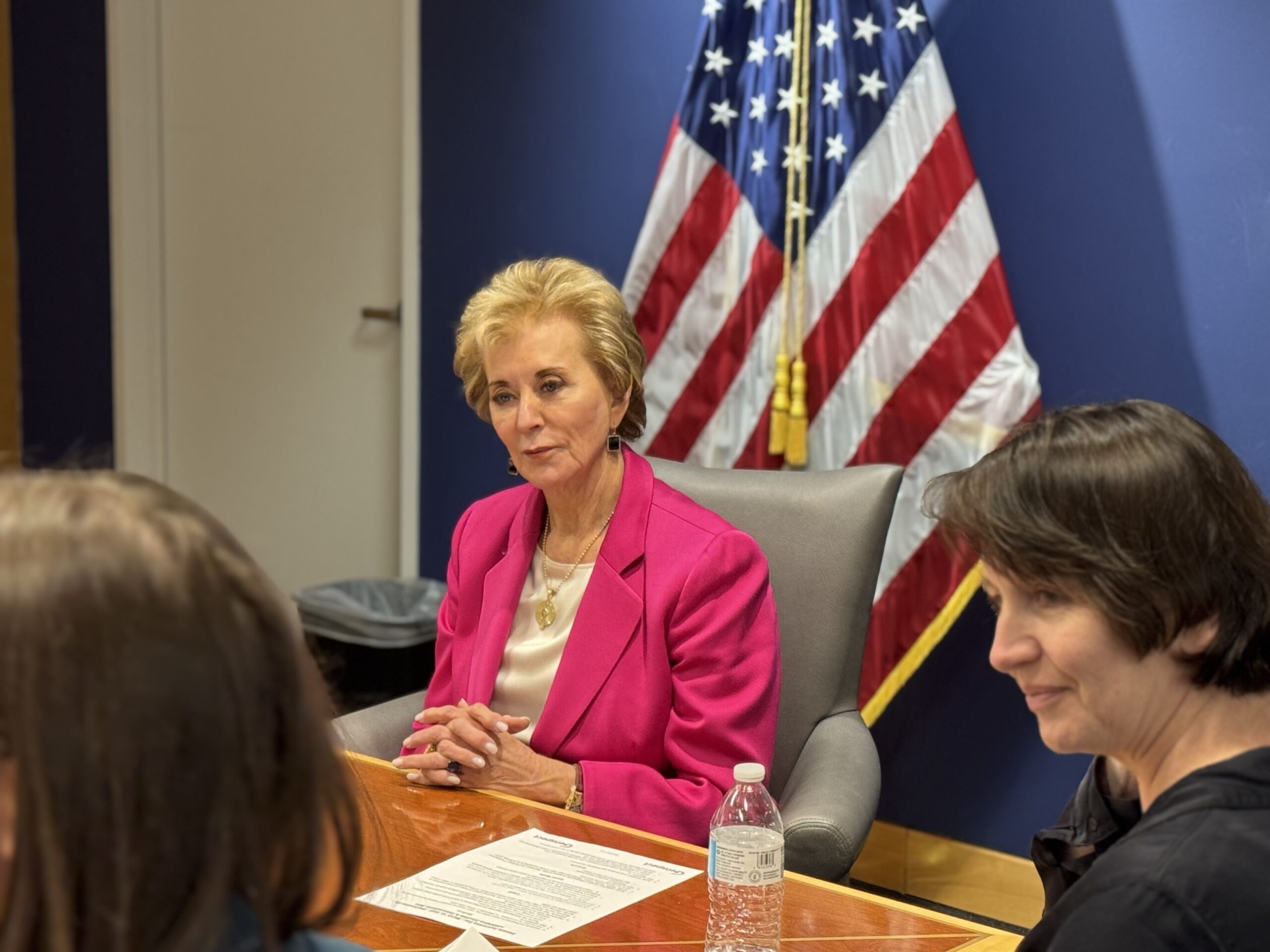Agency investigates baby formula shortages causing anxiety, fear, and financial burden.
Federal Trade Commission Launches Inquiry into Baby Formula Shortages
The Federal Trade Commission (FTC) has launched an inquiry into the baby formula shortages that have caused harm to infants and strained their parents over the past several months. The agency, which centers on consumer protection and the enforcement of antitrust laws, issued a call for public comments about factors that may have led to the shortages that started at the beginning of last year after a series of safety incidents.
“We have been monitoring and will continue to monitor the ongoing infant formula shortage, which is causing enormous anxiety, fear, and financial burden for American families,” FTC Chair Lina Khan said in a statement. “The FTC is launching a public inquiry to identify the factors that contributed to the shortage or hampered our ability to respond to it. Learning from this experience can help determine how we can minimize the risk of similar shortages in the markets for other life-sustaining products.”
Officials invited families who have experienced “fraud, deception, or scams when attempting to purchase infant formula,” as well as retailers who have seen “extremely large purchases of infant formula in excess of a single family’s need,” to submit their insights.
Causes of the Shortage
The move from the FTC comes after Abbott Nutrition temporarily shuttered a baby formula facility in Sturgis, Michigan, last year and initiated a voluntary recall of several products over concerns about bacterial contamination, a move which came after the FDA found standing water, roof leaks, bacteria growth, and inadequate hygiene in the facility. The sudden absence of EleCare, a formula for children who are unable to digest other products, from the marketplace was especially worrisome to parents and government officials.
Reckitt, another consumer goods company, introduced another nationwide recall of baby formula earlier this year and revealed that two batches of ProSobee Simply Plant-Based Infant Formula may have been contaminated with a species of bacteria possibly deadly to infants.
The inquiry from the FTC will also examine the impact of FDA regulations on the “number of infant formula suppliers, capital investment, and total manufacturing capacity” of the product. The agency asked public commenters to report “regulatory barriers that have prevented companies located outside the United States from entering the infant formula market.”
Alleviating the Shortage
The White House previously sought to alleviate the shortage with “Operation Fly Formula,” an initiative through which the military imported baby formula from European nations. Some Democratic officials meanwhile contended that producers were engaged in price gouging.
Worldwide lockdowns and public health mandates fostered unpredictable supply chain shocks over the past three years, contributing to inflation in many countries. Prices for baby food and formula rose nearly 9% year-over-year as of last month, according to data from the Bureau of Labor Statistics, and saw costs increase more than 4% on a month-to-month basis.
Robert Ford, chief executive of Abbott Nutrition, previously apologized for the shortages in an opinion piece, admitting that his firm “fell short” of expectations but insisting that the shutdown was necessary. “We believe our voluntary recall was the right thing to do,” he wrote. “We will not take risks when it comes to the health of children. The data collected during the investigation, genetic sequencing, retained product samples and available product from the four complaints did not find any connection between our products and the four reported illnesses in children.”
" Conservative News Daily does not always share or support the views and opinions expressed here; they are just those of the writer."





Now loading...